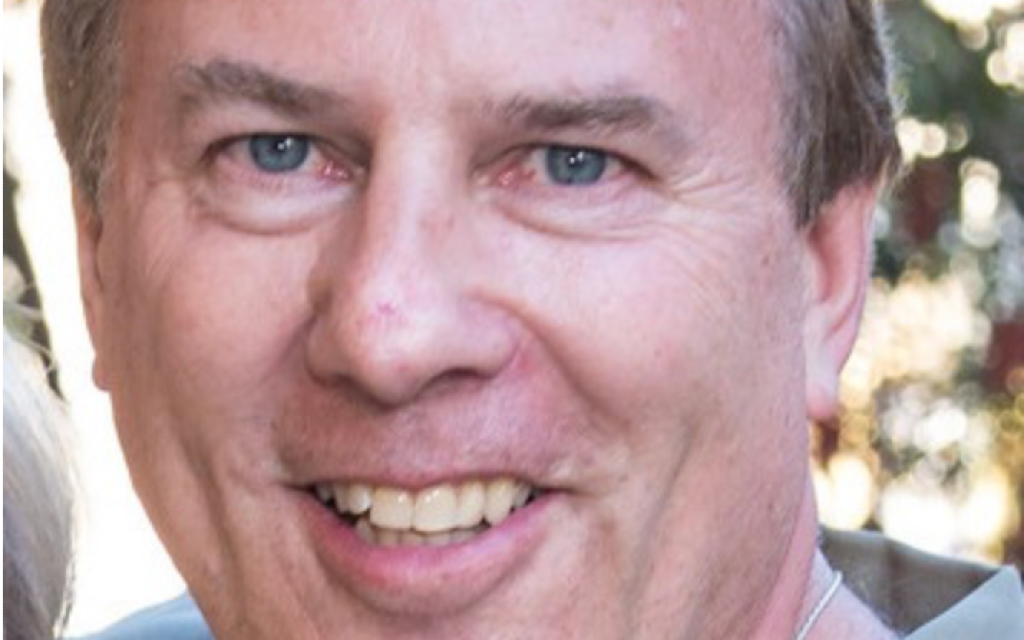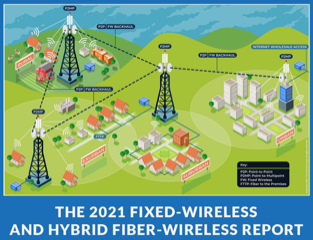How Reliable is Our Nation's – and the World's – Broadband Infrastructure?
Even one of the most damage-resistant infrastructures, that of fixed wireless access, falls prey to weather and man-made destruction.
Jimmy Schaeffler

Were readers of this publication to present at a telecom conference on the topic of broadband reliability, outages might not be top of mind.
Yet, recent events have emphasized – whether through the air via a satellite or from a ground-based tower to a fixed or moving device; or beneath the ground via a buried cable; or above ground via telephone pole wirelines; or even underwater, be it a river, lake, or the huge Pacific Ocean – that access to a competent and dependable broadband signal remains a challenge.
More pointedly, in today’s technology-centric ecosystems, to not have broadband means the real potential for societal catastrophe.
Two locations that couldn’t be further apart highlight this dilemma. Heading North, on August 29, 2024, the tiny cruise ship town of Sitka, Alaska suffered an undersea cable cut which required about two weeks to repair. Far south and farther east from the 50th state, the country of Taiwan experienced the 2023 loss of a broadband connection for several months on one of its remote islands, Matsu, apparently due to an adversary’s slicing of an undersea cable.
In outer space, adverse foreign countries and their agencies are a growing broadband threat. Stories of lasers destroying telecom satellites have been around since well before the last Millennium, and today are far more likely to occur. As in the 2013 film, “Gravity,” starring Sandra Bullock and George Clooney, for over a decade, satellite-to-satellite-and-debris collisions have been the fodder for Hollywood movies. Solar weather, asteroids, and similar natural spatial occurrences also remain rare but significant threats.
Land-based examples of infrastructure damage include trenchers and tractors that inadvertently slice through underground wiring, or Acts of God such as hurricanes and tornadoes that tear apart wireline telephone poles or telecom towers everywhere.

Even one of the most damage-resistant infrastructures, that of fixed wireless access, falls prey to weather and man-made destruction. Moreover, intentional and unintentional acts of terrorism and other cyber-crime remain prevalent overall.
Ubiquitous software and hardware malfunctions are another challenge. Physical obstacles, network interference, and radio frequency interference are additional frustrations.
All said, the most important question remains: How do we make telecom more reliable? One beginning point is to write about it, and to talk about it more, especially at conferences. And to encourage more focus on and investment in both the private and governmental spheres. Both industries have large parts to play in the resilience and reliability of our globe’s broadband.
Further steps include more R & D; development of technical infrastructure; global collaboration, in the form of policies, regulations, and enforcement; disaster preparedness; and perhaps most important overall: the rapid education of a more supportive public.
David W. Wicks, a renowned cybersecurity expert and analyst for the Alywyn Group, and former Columbia University adjunct professor, aptly summarizes, “Undersea cables are critical infrastructure, and their damage or tampering can have severe security implications. Ensuring their protection against both physical and cyber threats is essential for maintaining global communication stability."
Jimmy Schaeffler is the chairman and chief service officer of The Carmel Group, based in Scottsdale, Ariz. For more than three decades, he has researched, analyzed, and written about telecom, especially pay TV, broadcast, and new digital media, on both the software and hardware sides of the business. This Expert Opinion is exclusive to Broadband Breakfast.
Broadband Breakfast accepts commentary from informed observers of the broadband scene. Please send pieces to commentary@breakfast.media. The views expressed in Expert Opinion pieces do not necessarily reflect the views of Broadband Breakfast and Breakfast Media LLC.











Member discussion